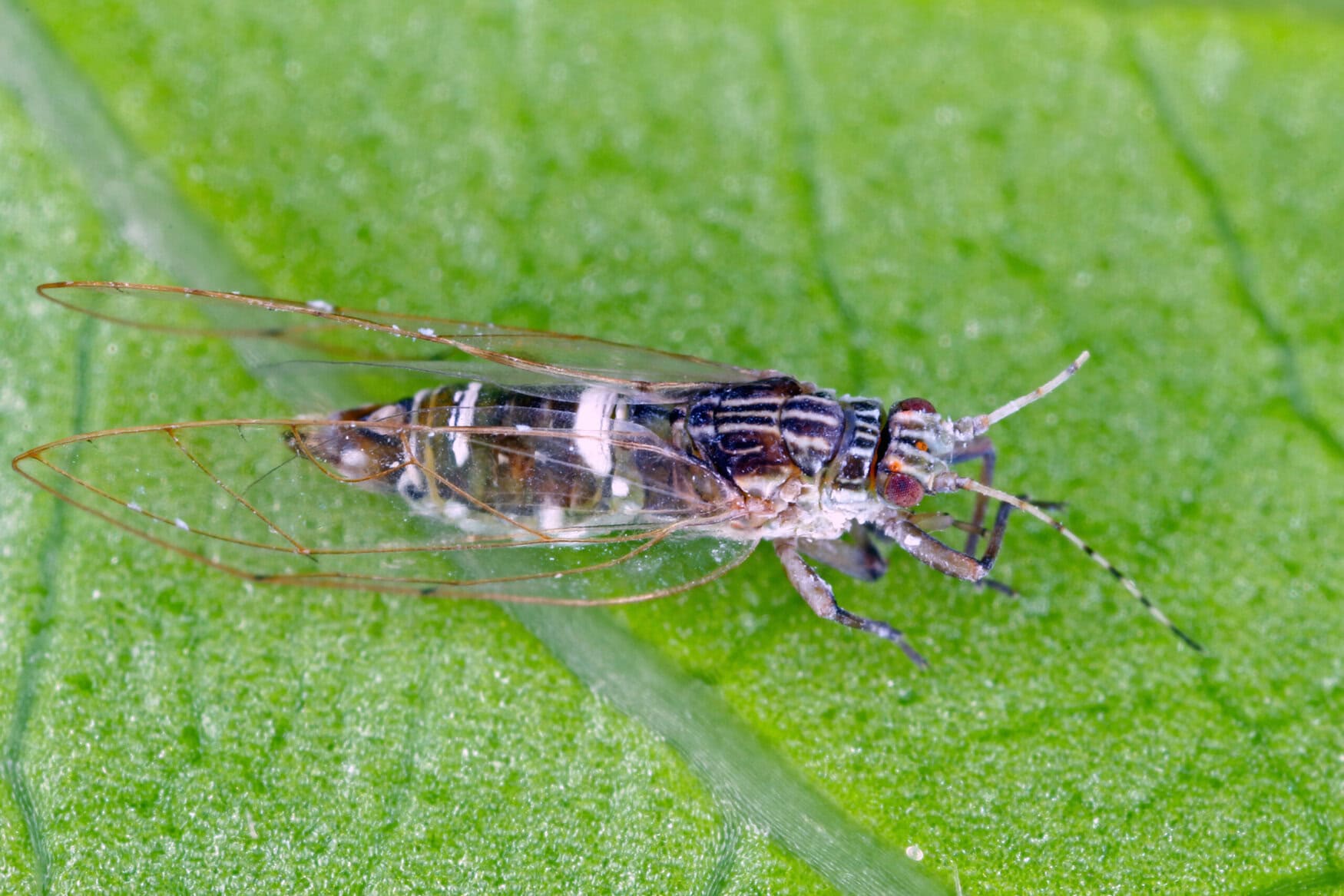Texas A&M tackles zebra chip disease with new research

Texas A&M AgriLife Research scientists are launching a three-year project to tackle zebra chip disease, a bacterial infection transmitted by psyllid insects that has severely impacted potato production. The initiative, backed by a $682,500 grant from the U.S. Department of Agriculture’s National Institute of Food and Agriculture, aims to reduce dependency on pesticides and address critical challenges in sustainable agriculture.
Zebra chip disease disrupts plant nutrient transport systems, producing dark stripes in fried potatoes and rendering crops unsellable. Historically, even minimal contamination led to the disposal of entire batches, creating significant financial losses for growers. Current management relies heavily on pesticides to control psyllids, but rising costs and environmental concerns make this strategy unsustainable.
The research focuses on the bacterial pathogen Candidatus Liberibacter solanacearum, which bypasses immune defenses in both plants and insects. Scientists aim to identify the bacterial proteins that weaken plant defenses and develop methods to block their effects, thereby improving crop resilience.
In parallel, researchers are examining
This project builds on more than a decade of research by Texas A&M AgriLife scientists into psyllid-transmitted pathogens and their agricultural impact. Potential outcomes include breeding disease-resistant crops and creating biocontrol agents to combat the bacteria.
The findings could benefit a range of solanaceous crops, including tomatoes and peppers, and may also provide insights for managing other bacterial diseases, such as citrus greening. By addressing pathogen diversity and improving plant immunity, this research aims to secure sustainable agricultural practices for the future.
Enjoyed this story?
Every Monday, our subscribers get their hands on a digest of the most trending agriculture news. You can join them too!















Discussion0 comments